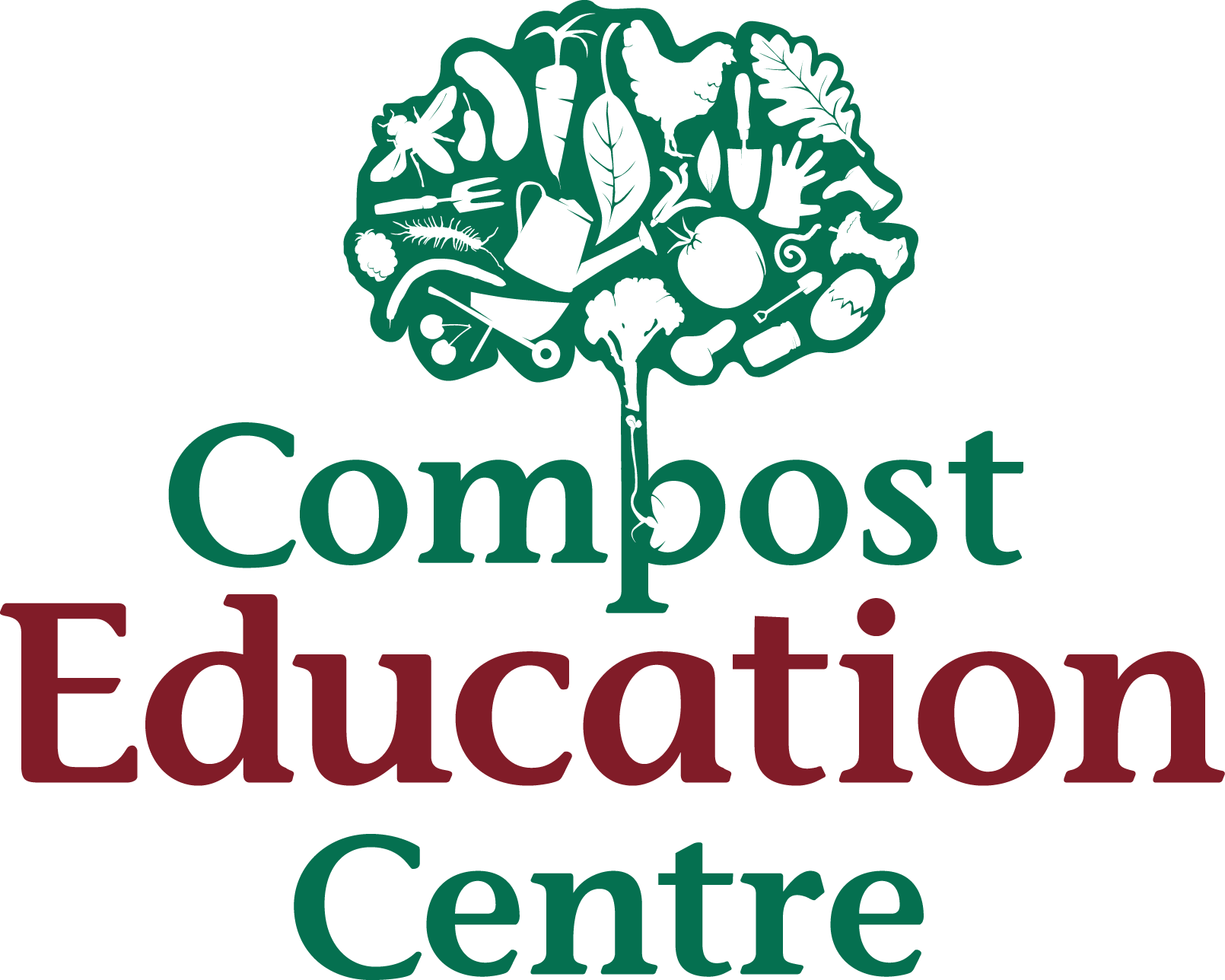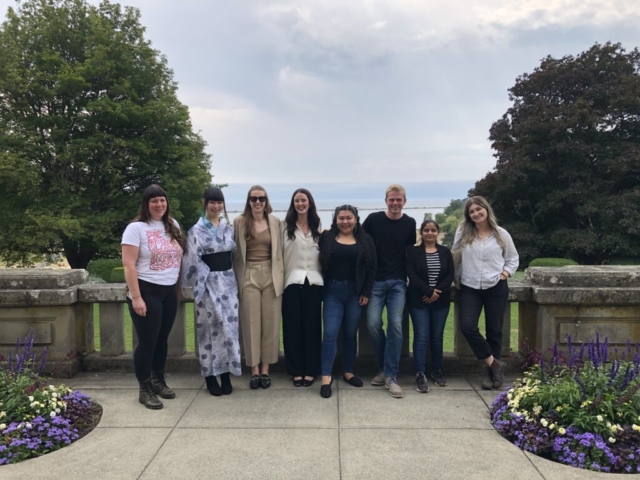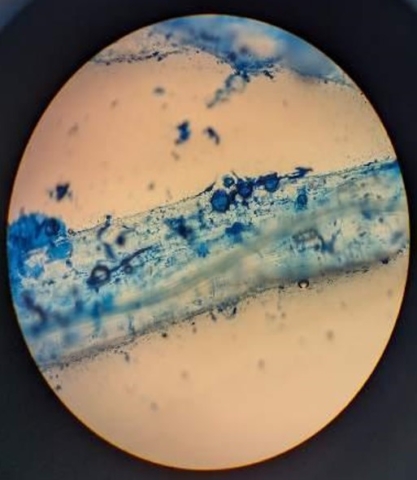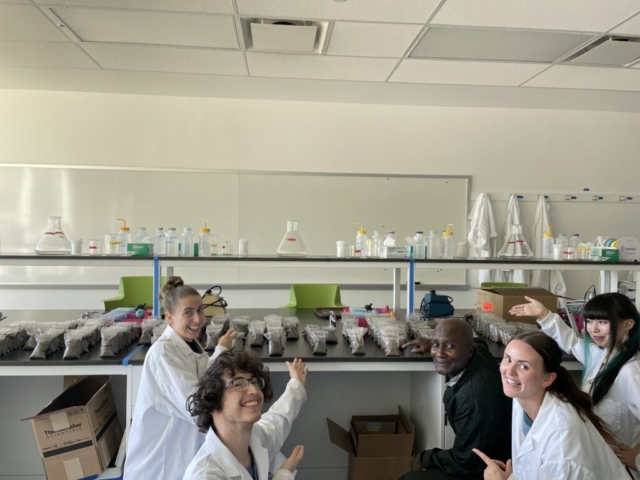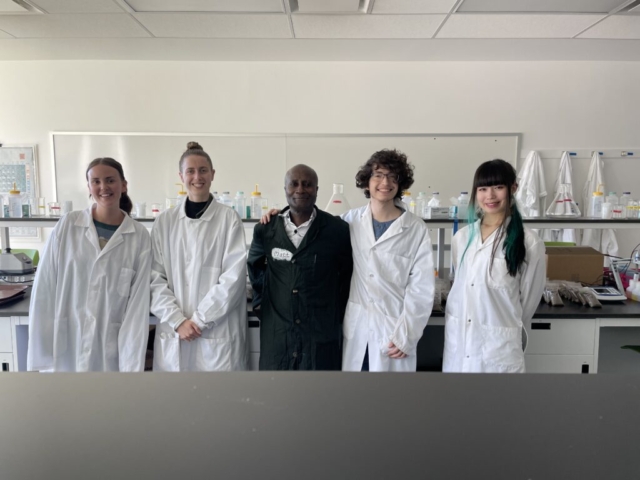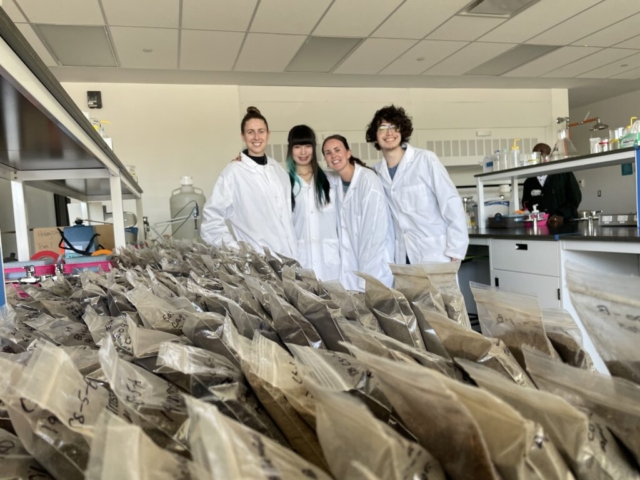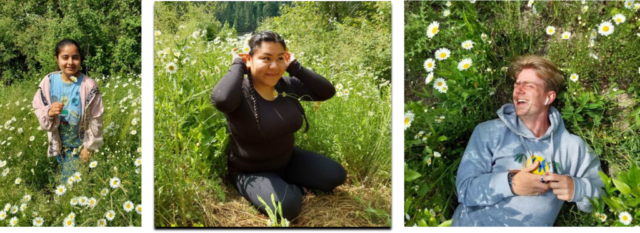Seven Years of Success with the Healing City Soils Program
October 1, 2023
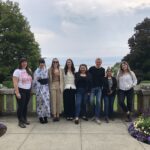
The Healing City Soils (HCS) program dismantles barriers to people growing their own food; educates on how soil health is vital to local ecosystems, community wellbeing, and climate change mitigation; and builds community around restoring damaged soils. The program is a partnership between the Compost Education Centre (CEC) and Royal Roads University (RRU). On August 28th, the HCS community came together at Hatley Castle on the RRU campus to watch – and celebrate – undergraduate environmental science students present the results from the program’s seventh successful year of implementation.
Soil testing can be expensive, and the results are often complex, confusing, and disheartening. The uncertainty of soil contamination, the expense of soil testing, and the opaqueness of soil testing results are all barriers that prevent people from growing their own food. The RRU students addressed these barriers and furthermore, they educated on the importance of soil health. There were other environmental science students, Capital Regional District (CRD) growers and gatherers, CEC staff, RRU professors and staff, and friends and family in attendance; and the audience walked away with an improved understanding and appreciation for soil health.
Have questions about your soil quality? Stay connected!
Subscribe to our newsletter to receive updates on Healing City Soils 2024 soil testing
Over the course of eight months, two student groups in Professor Matt Dodd’s environmental science major project course performed literature reviews, designed research questions, learned new laboratory protocols, and engaged in hands-on environmental science.
Both student groups competently explained their science, shared their challenges, provided recommendations for next year’s crop of students, and tackled critical barriers to scaling up sustainable food systems in the CRD.
The first student group focused on providing free heavy metal soil testing of backyards, community gardens, boulevard gardens, and traditional harvesting sites in the Capital Regional District (CRD) to 100 food grower and gatherer program participants; this is part of the CEC’s long-term HCS program. All participants received the results of their heavy metal soil tests alongside easy-to-understand educational materials like the CEC’s factsheet on soil contamination. The results will be incorporated into an interactive online map.
Do you think this research is cool?
Contribute to the sustainability of this program! Become a donor
The second student group was drawn in by the questions of the Ground Beneath Our Feet (GBOF) pilot that the CEC started in 2020; the GBOF group analyzed the potential of using plants, compost, and arbuscular mycorrhizal fungi (AMF) to remediate soils contaminated with heavy metals. AMF naturally occur in many habitats, and they improve plant nutrition, stress resistance and tolerance, soil structure and fertility. The students maintained three different pilot sites where they tested soil quality and plant tissue for heavy metals, planted and maintained plants hypothesized to be bioaccumulators, and applied compost and AMF. The students found the combination of woolly sunflower, compost, and AMF to be effective in remediating contaminated soils.
We are so grateful to the First West Foundation’s for making this work possible!
By Claire Remington, Executive Director
Posted in Uncategorized
